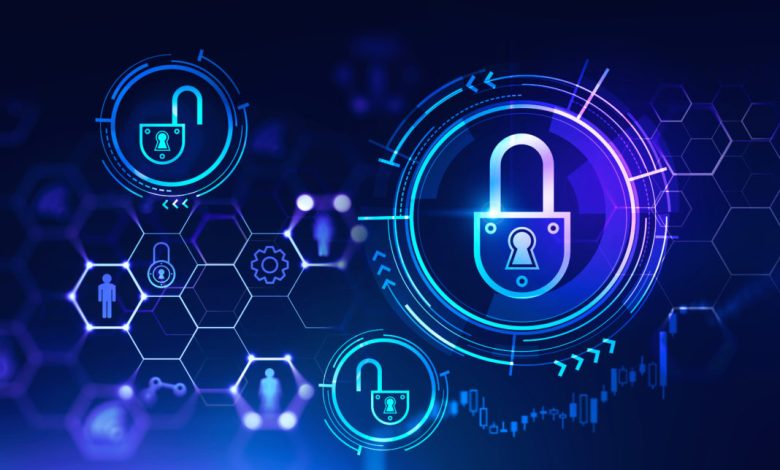Protecting Your Personal Data Best Practices For Computer Virus Protection

Today, we mostly use internet-connected devices and live online. We use the internet to research topics, shop, conduct banking transactions, do homework assignments, play games, and stay in touch with loved ones through social networking. As a result, our devices contain tons of personal information about us. Protect your computer from harmful threats with the best computer virus software. The powerful antivirus program offers real-time protection, fast scans, and frequent updates to ensure your system is always safeguarded. Don’t let viruses compromise your data – choose our trusted software for ultimate security and peace of mind.
This may include banking and other financial records, and medical information that we wish to keep safe. If your devices are not secure, identity thieves and other fraudsters may be able to gain access to and steal your personal information. Spammers can use your computer as a “zombie drone” to send spam, it looks like it came from you. Malicious viruses or spyware can accumulate on your computer, slowing it down or destroying files. The following are tips to help reduce your risk while staying online.
Keep your device secure
Be sure to download recommended updates from your device’s manufacturer or operating system provider, especially for important software such as your Internet Browser.
Antivirus software
Your files and incoming emails are scanned for viruses by antivirus protection, which subsequently deletes any harmful content. You should keep your antivirus software updated to deal with the latest “bugs” circulating on the internet. Most antivirus software includes the feature to automatically download updates when you are online. You should also thoroughly check your system at least twice a month.
Antispyware software
Spyware is software installed without your knowledge or consent that can keep track of your online activities and collect personal information while you are online. Some types of spyware, called keyloggers, record everything you enter – including your passwords and financial information. Signs that your device may be infected with spyware include a sudden flood of ads, being taken to websites you don’t want to visit, and generally slow performance.
Some antivirus software programs include spyware protection. Check your antivirus software documentation for instructions on activating spyware protection features. You can purchase different antispyware software programs. Keep your antispyware software up to date and run it regularly.
Firewalls
A firewall is a software program or piece of hardware that prevents hackers from entering and using your computer. The firewall prevents your computer from responding to these random calls. The firewall blocks communication from sources that you do not allow. Some operating systems have built-in firewalls that can be sent in “off” mode. Make sure to turn on your firewall. To be effective, your firewall must be properly set up and updated regularly.
Choose strong passwords
Use strong passwords with at least eight characters combining letters, numbers, and special characters. Do not use a word that can easily be found in the dictionary or reference to any personal information, such as birthday. Some hackers use programs that can try out each word in the dictionary, and easily find personal information such as date of birth. Try using a phrase using the first letter of each word in the phrase to help remember your password. For example, HmWc@w2—how much wood a woodchuck chuck can cut.
If you have too many passwords to remember, consider using password manager software, which can help you create strong personal passwords and keep them safe.
Use stronger authentication
Many email, banking, and social media accounts permit the use of robust authentication techniques. The usage of fingerprints, one-time codes delivered to a mobile device, or other elements that guarantee the user must have access to the account are a few examples of these techniques. For more information about strong authentication methods, visit the lock your login campaign.
Protect your private information
When checking emails, visiting websites, posting on social media, or making purchases, pay attention to where you click and to whom you give your information. Unscrupulous websites or data thieves may try to trick you into giving you your private data.
Be careful what you click
Phishing attacks, where hackers send real messages to trick you into handing over personal information, are becoming more sophisticated. Think twice before clicking on links in such messages. Most real messages from financial institutions will not ask for personal information directly, but rather instruct you to call directly or visit a website. You can also verify the email address that sent the message to make sure it came from the expected sender.
Be careful what you share
Social media allows all aspects of life to be shared, but controlling who has access to the information you share is crucial. Information thieves can use social media postings to gather information and then use the information to hack other accounts or for identity theft. For your safety, use privacy settings to limit the visibility of individual posts on your personal network, and limit the amount of information you share with the general public.
Responding to data breaches
Even if you take all the right steps, your data protection may be stolen from the company you trusted to keep it safe. If you find that your personal information has been accessed without your permission, take steps to protect yourself. Review your annual credit report. For more information, see the attorney general’s information leaflet on identity theft.
Read More( Click Here)



